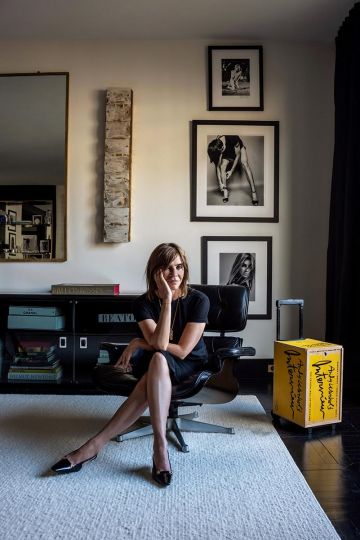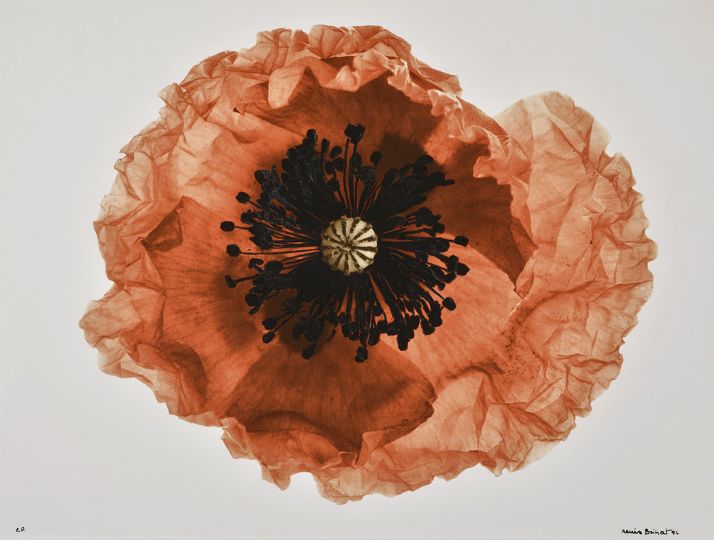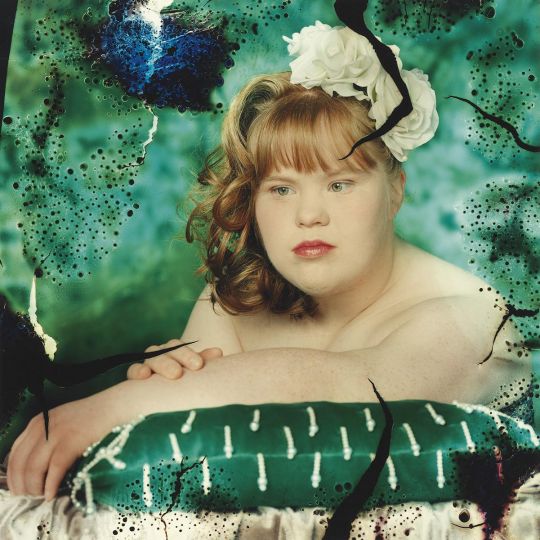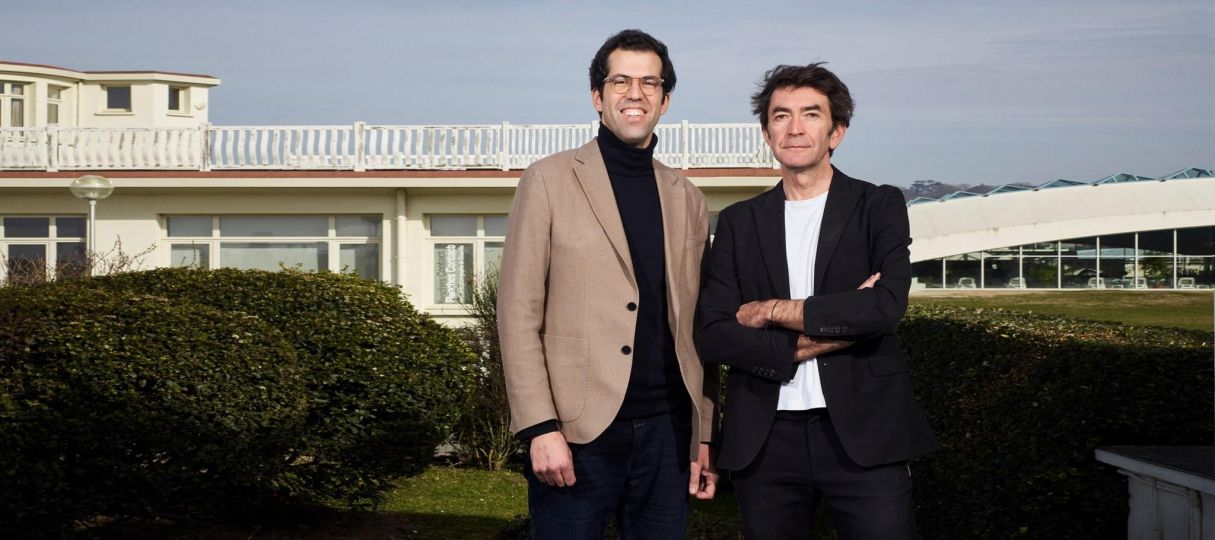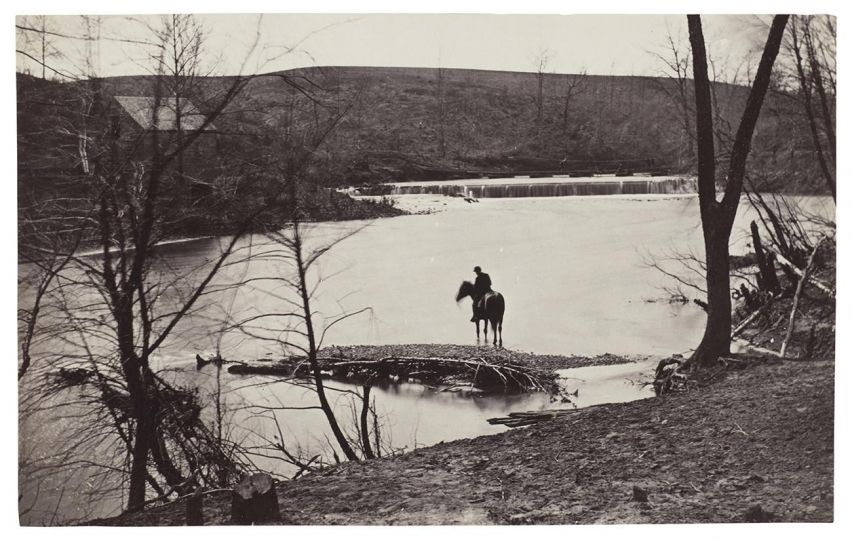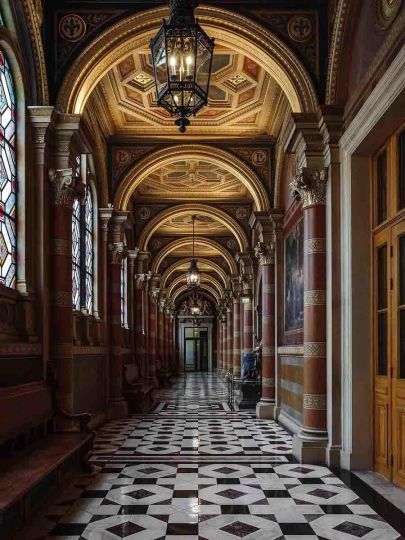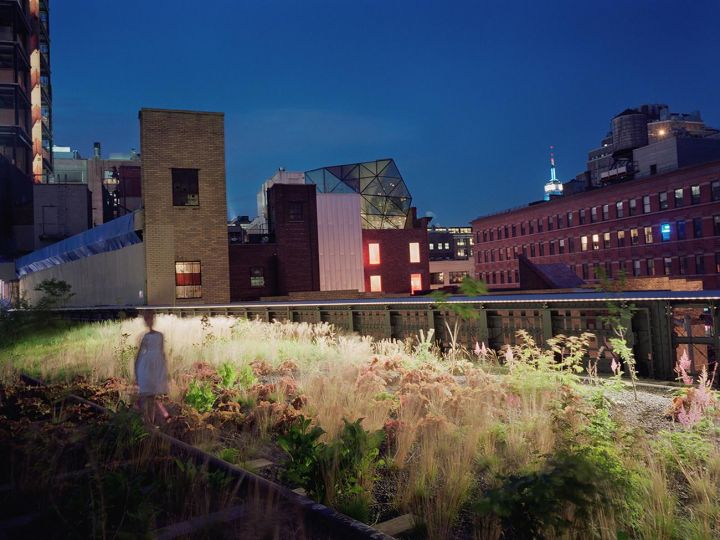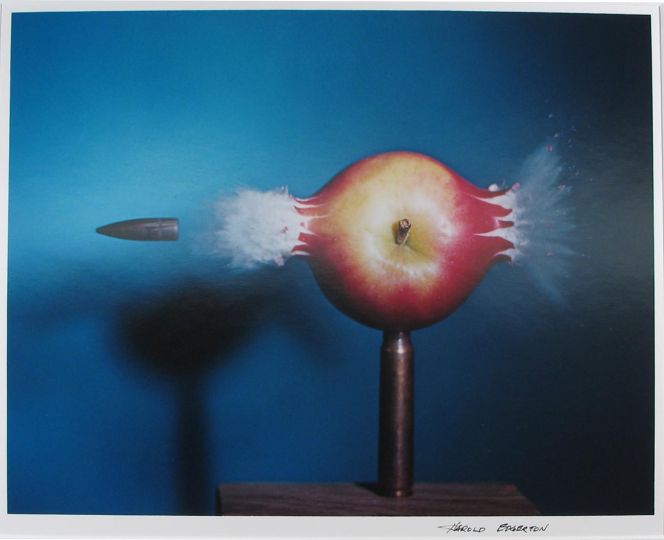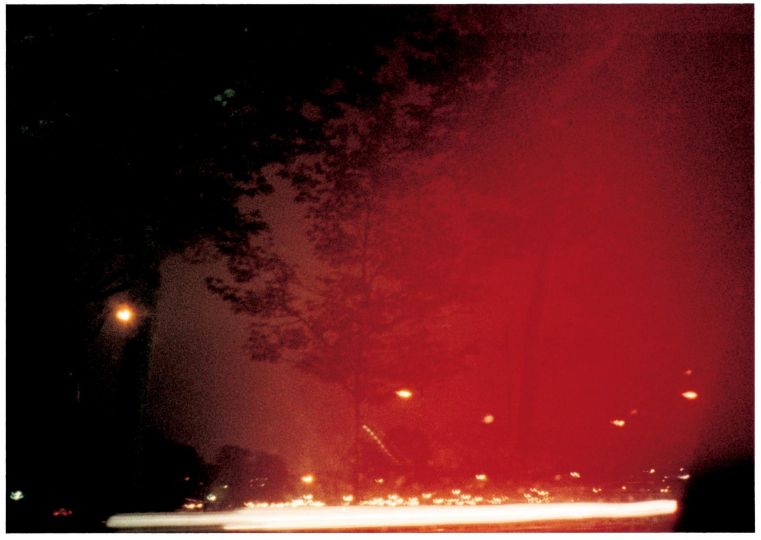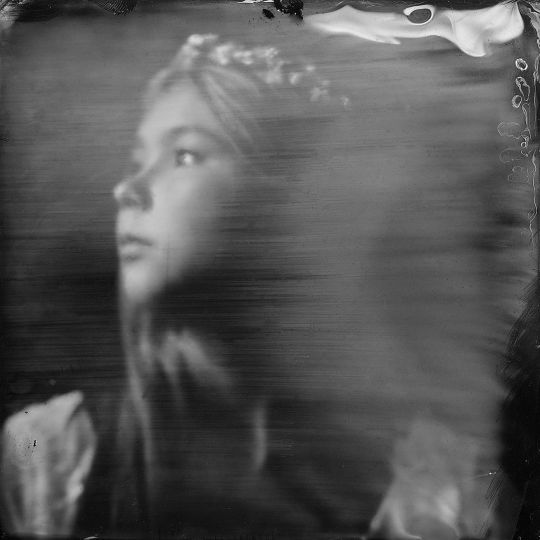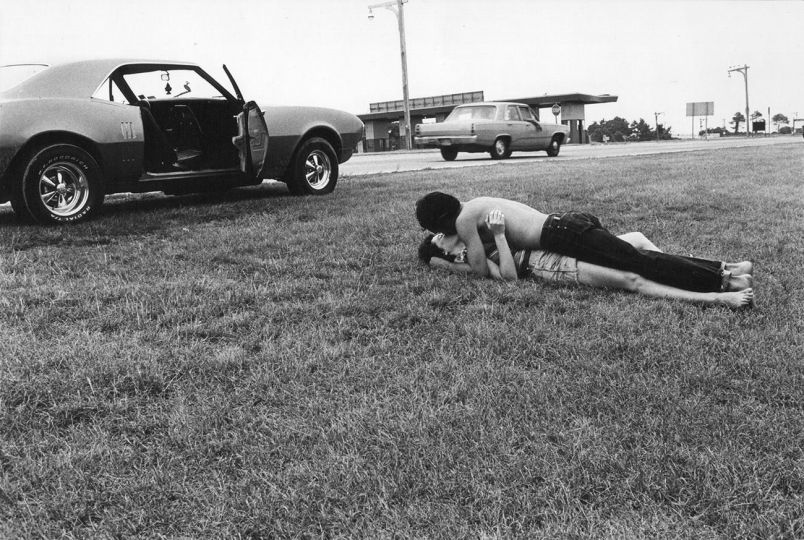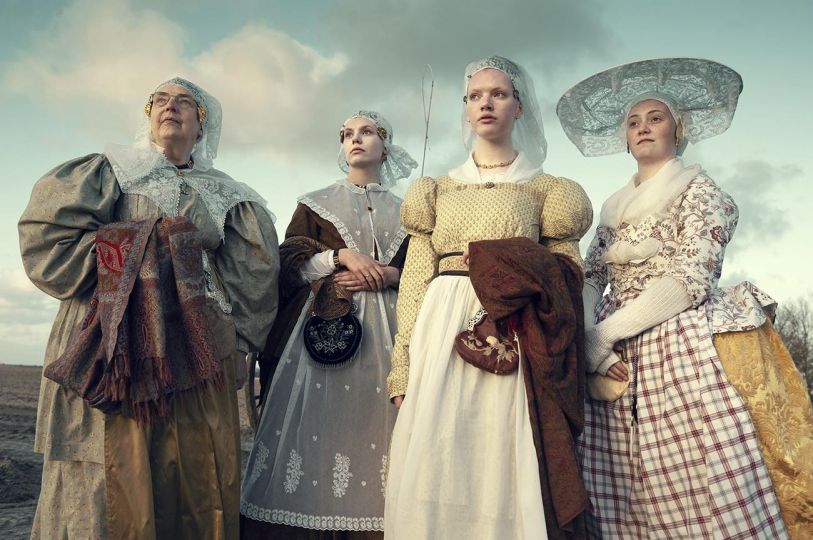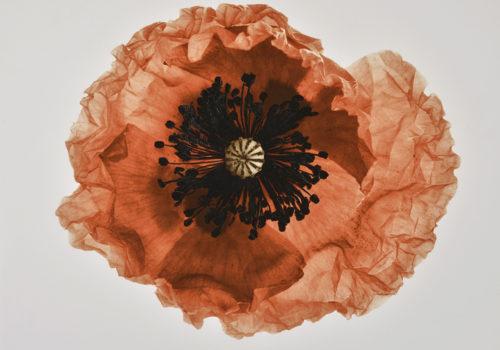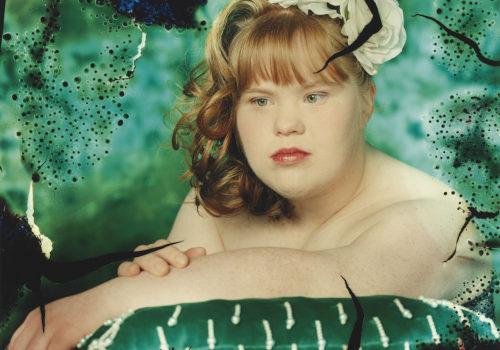RocioSantaCruz presents The vintages of Pilar Aymerich, the first exhibition of the photographer in the gallery. It is a very special selection of photographs, some of them unpublished, all vintage prints processed by the author herself. Through her lens, Aymerich captured the Barcelona of the last decades of the twentieth century, exploring different social, political and feminist perspectives of a country in transition.
“Sometimes when I arrived at my studio after a reportage I would leave the film in the lab, on top of the white formica near the enlarger, and I would not develop it until the next day to feel the pleasure of knowing that I had a hidden reality, captured. I would delay the moment when I would be able to see again what I had already seen and that it belonged to me…” – Pilar Aymerich
In 1968, Pilar Aymerich returned to Barcelona after her experiences in London, where she studied theater. After this important stage in her life, she decided to devote herself to photography, influenced by her uncle, Xavier Tarragó, who was exiled in France during the Spanish Civil War and worked as a photographer for the commission of Propaganda of the Generalitat de Catalunya. Thanks to him, Pilar entered the world of developing and making prints with the wooden enlarger her uncle had built. This fascinating anecdote serves as a starting point for Aymerich’s photographic production: the photographs in her first exhibition were made with this enlarger. This photographic practice defines vintage processing as an essential feature of her work, as Aymerich continues to develop her own photographs today, locking herself in the print room to produce her black-and-white creations.
Aymerich’s photography is characterized by a socially awakened gaze that, always with the ethics and commitment of the chronological moment in which the artist is located, allows us to be direct witnesses of different key moments of Barcelona at the end of the 20th century.
This exhibition brings together some of Pilar Aymerich’s most important photographs, some of them unpublished, many of them identifiable in the body of work that won her the Creu de Sant Jordi in 2005 and the National Photography Award in 2021.
Whether it is the explicitly feminist demonstrations of 1976 and 1977, the first sexual liberation revolutions in Barcelona in 1979, the meetings to demand the decriminalisation of adultery or the rights of women prisoners in 1976, the photographic report of the first sexual liberation revolution in Barcelona in 1979, or the photographic reportage around the Trinitat prison in Barcelona (1978), The Gallery try to give an account of a reality that is still present to the extent that what seemed to be pending in the 70s is still being demanded today in the current demonstrations.
This look that we emphasize, focused on the collective, moves to the individual in a selection of series that portrayed those displaced in a Spain submerged during the Franco dictatorship. Whether thanks to Kathy, a transsexual who traveled to Barcelona from Cordoba to undergo sex change in 1979, to all those transvestites who took advantage of the first Carnival authorized during the Franco dictatorship in Vilanova i la Geltrú in 1972 to express their gender identity, or the unpublished series of young people forced into prostitution in the urinals of Plaza Catalunya in 1972, we can give an account of those displaced by society to the furthest limits of marginality.
Pilar Aymerich (Barcelona, 1943) studied theater direction at the Escuela de Arte Dramático Adrià Gual, and photographic theory and practice at Raphael Studios in France. From 1965, she worked as a professional photographer in London and in 1968 she returned to Barcelona.
She published regularly in magazines such as Serra d’Or, Destino, Triunfo, La Calle, El País, Fotogramas, etc. In 1974 she began her collaboration with the broadcast media, such as Televisión Española among others. Her work is mainly known for the photographic documentation of citizen protests during the Transition and the Catalan Women’s Days.
Throughout her professional career, she has been awarded prizes such as the Creu de Sant Jordi granted by the Generalitat de Catalunya, in 2005, the special mention of the Human Rights Institute Award or the XVI Solidarity Award of the media for her work in defense of fundamental rights in 2002, and in 2021 she was awarded the National Photography Award, granted by the Spanish Ministry of Culture.
The vintages of Pilar Aymerich :
One white cuvette for the developer. One red cuvette for the fixer
From November 29, 2023 to February 03, 2024
RocioSantaCruz
Gran Vía de les Corts Catalanes
627 08010 Barcelona
www.rociosantacruz.com


